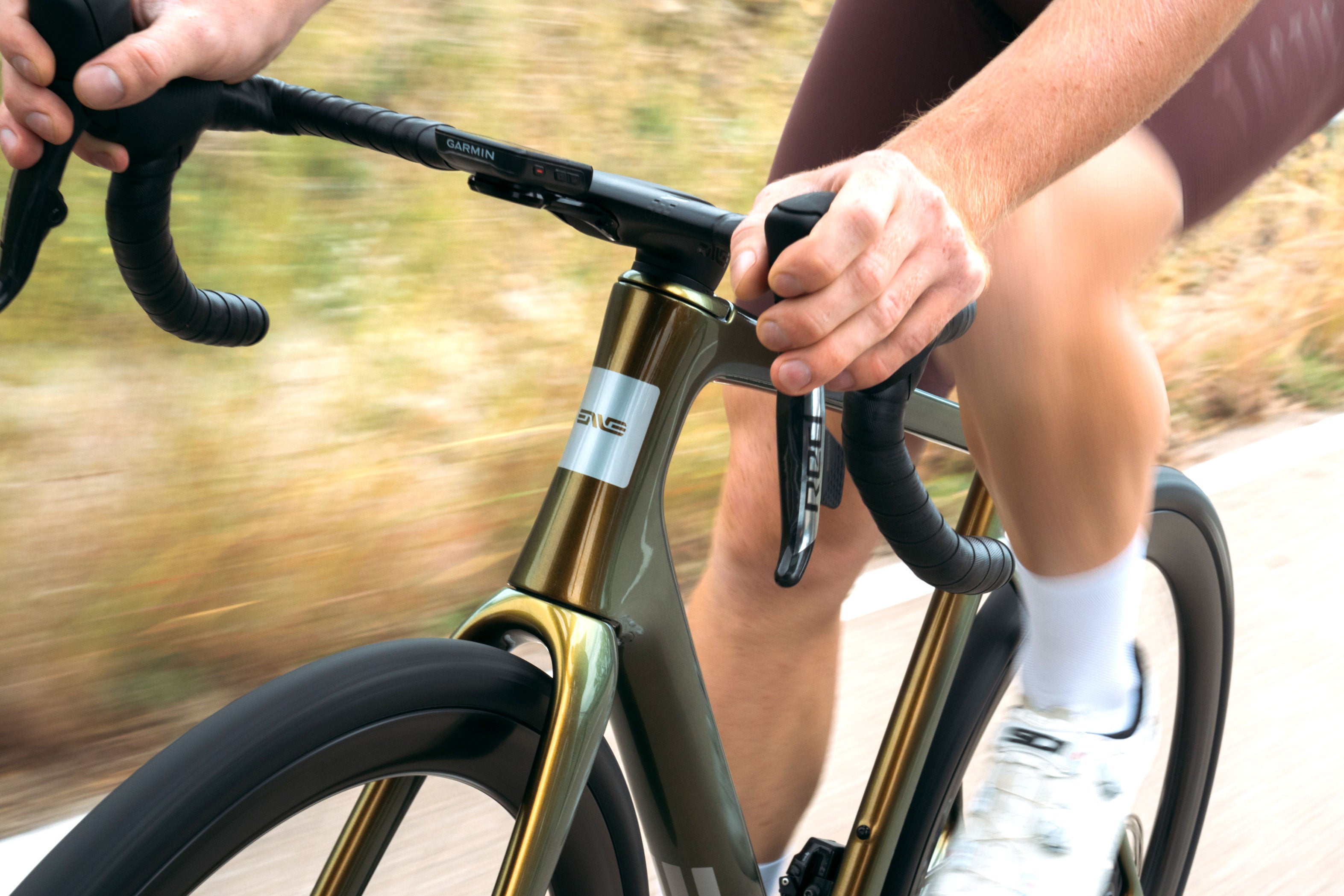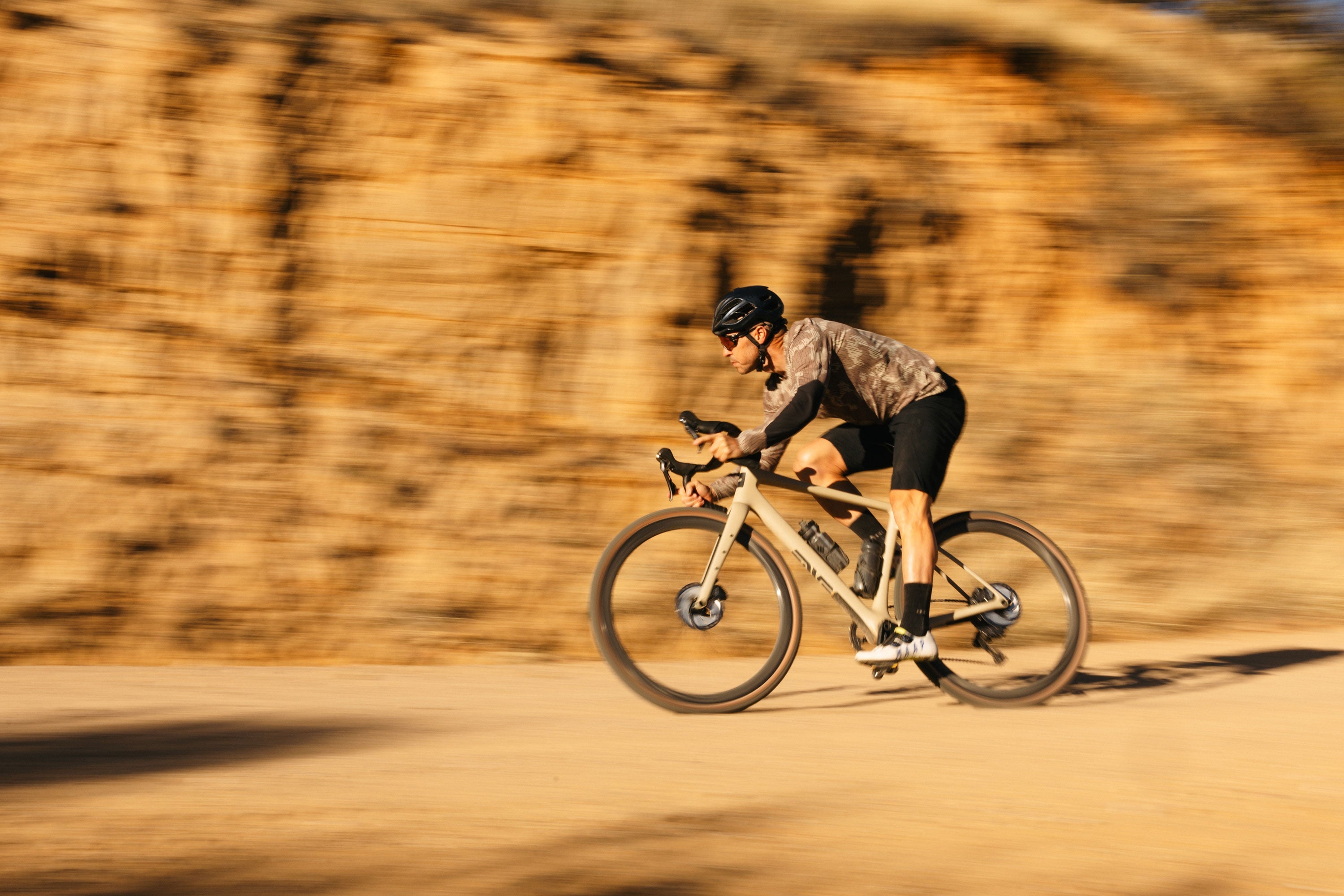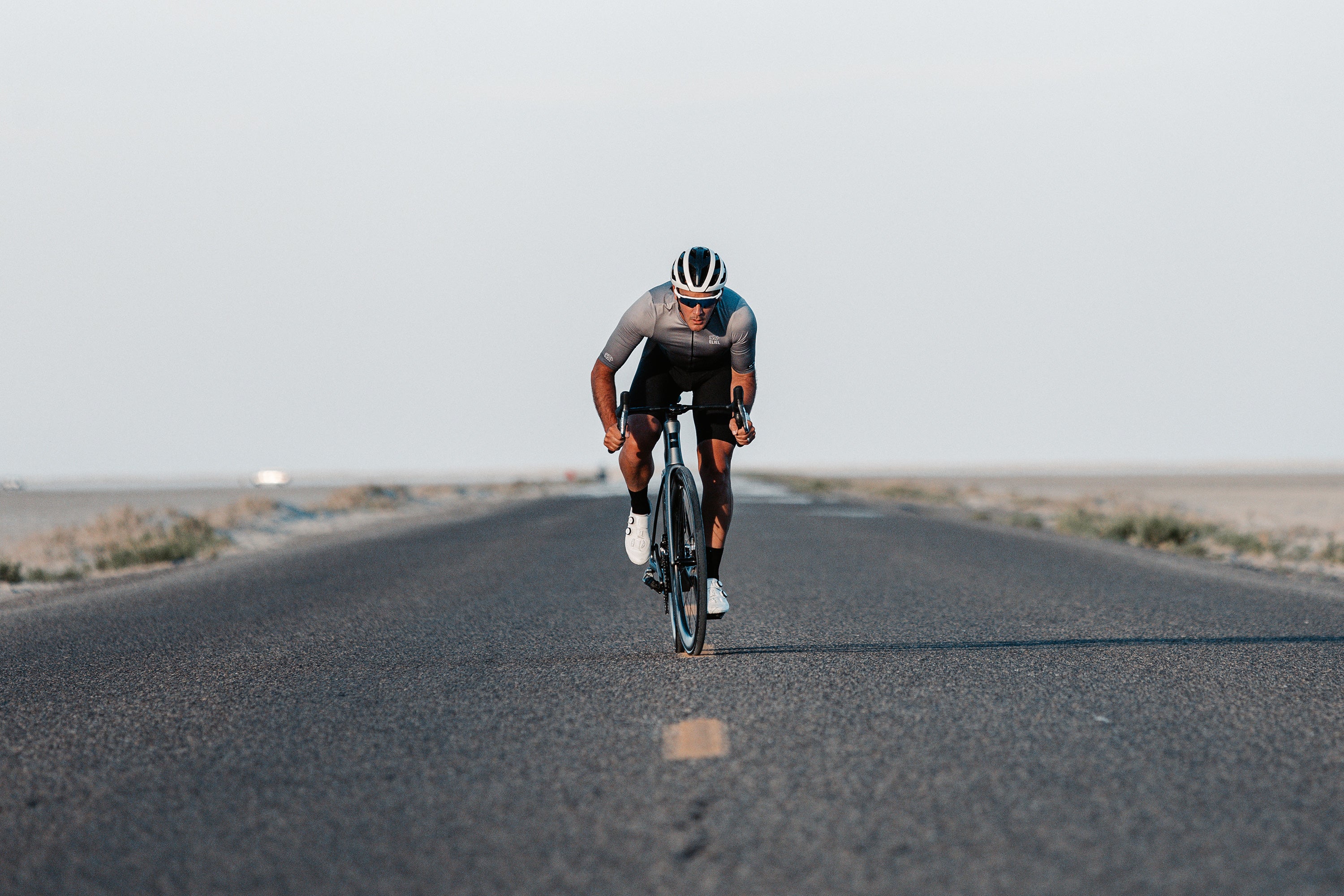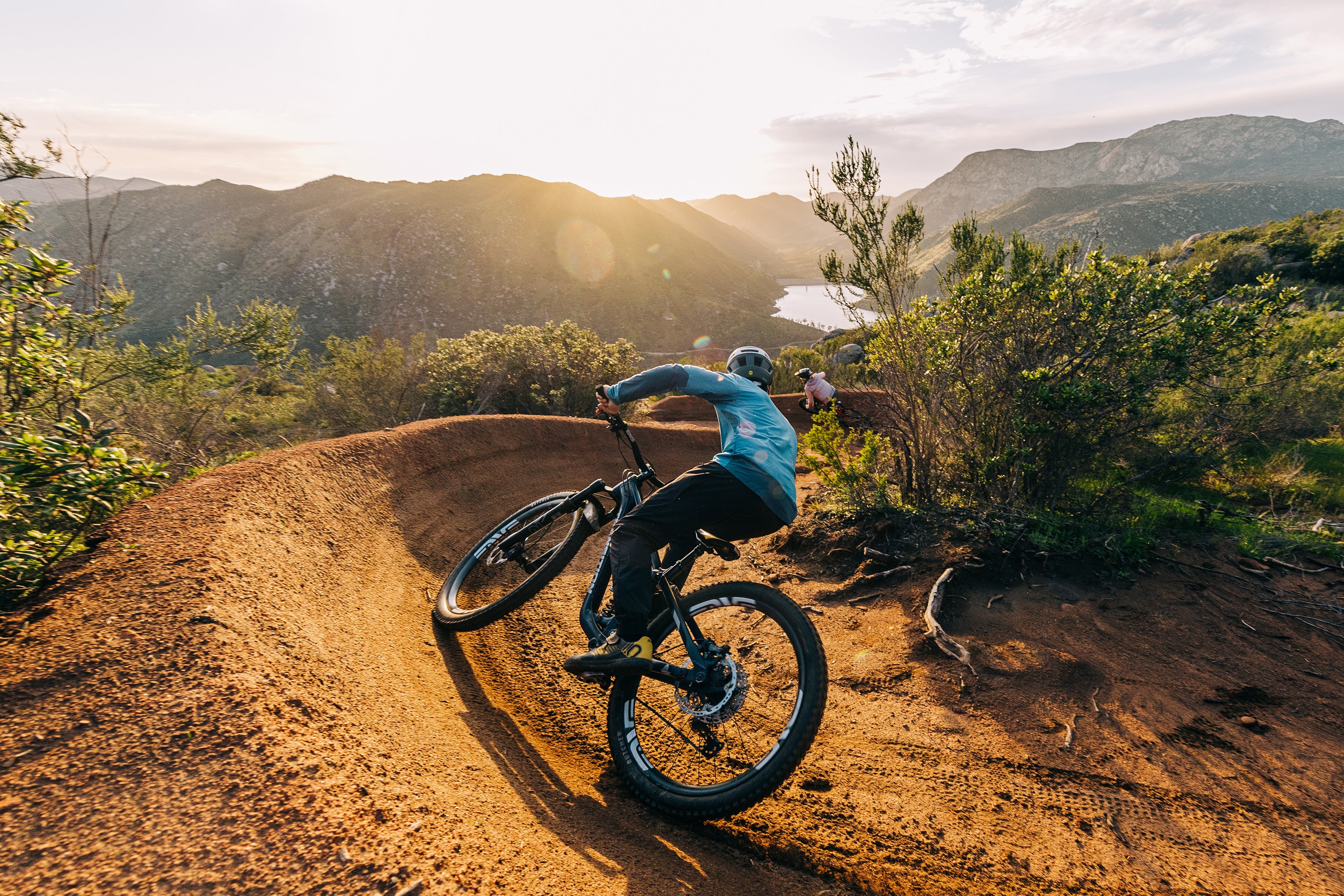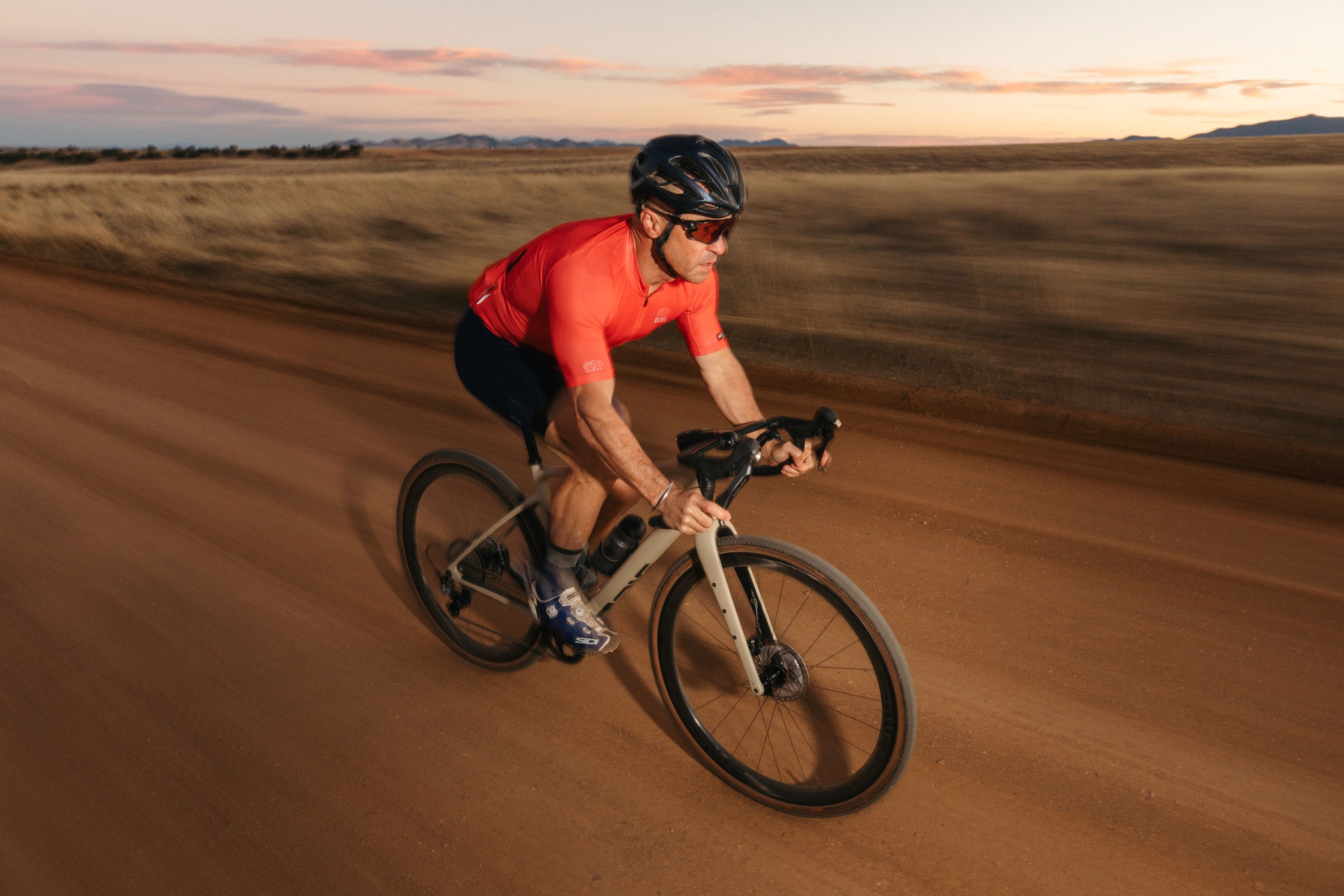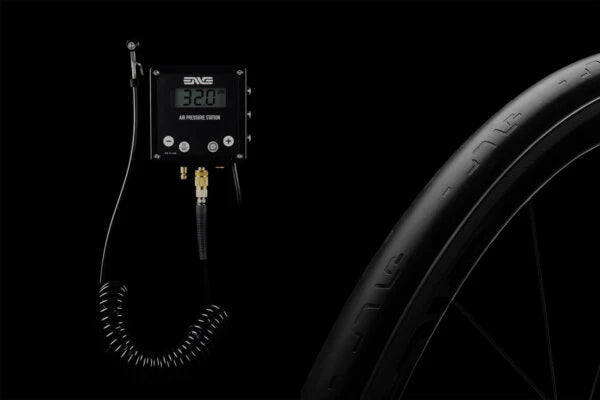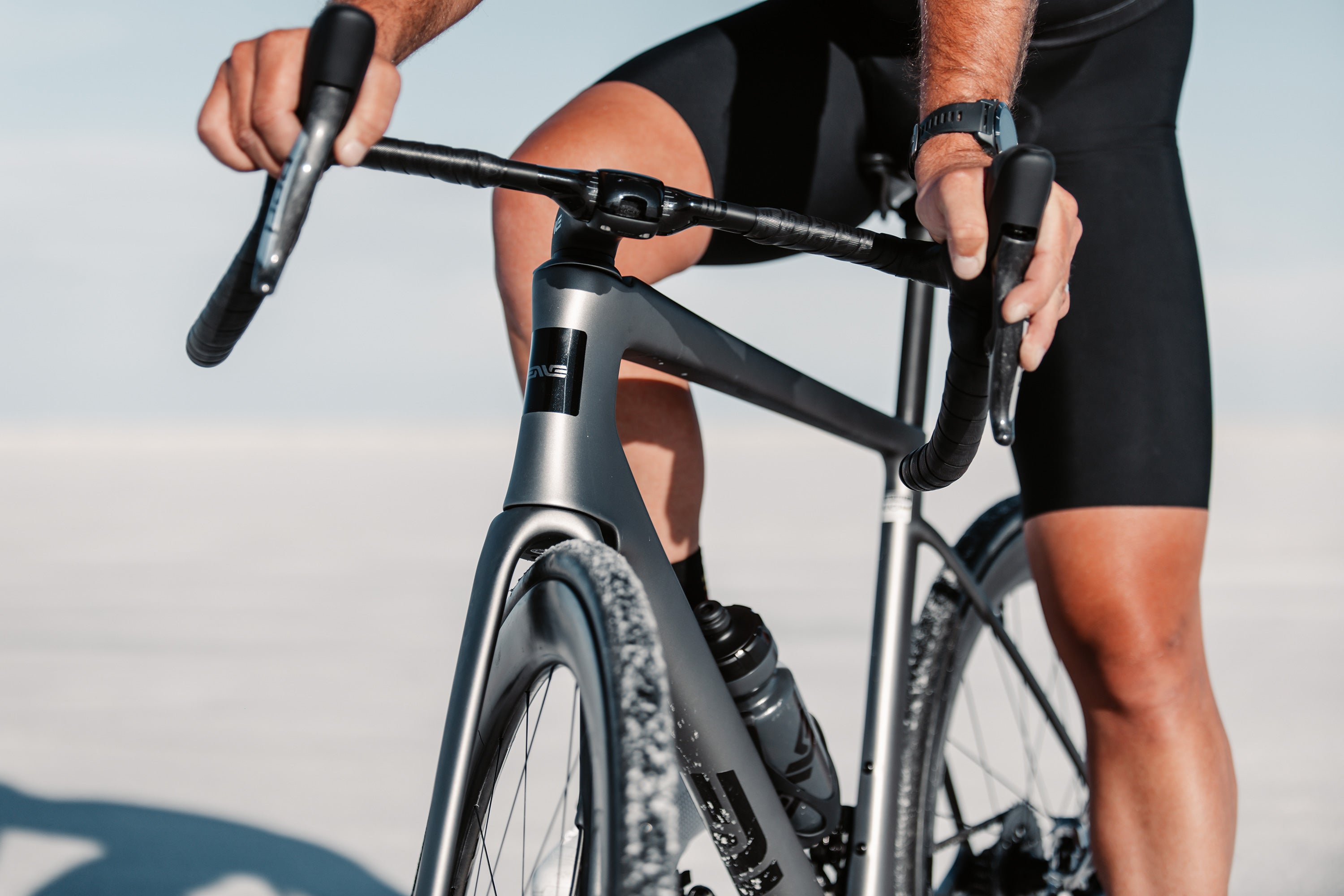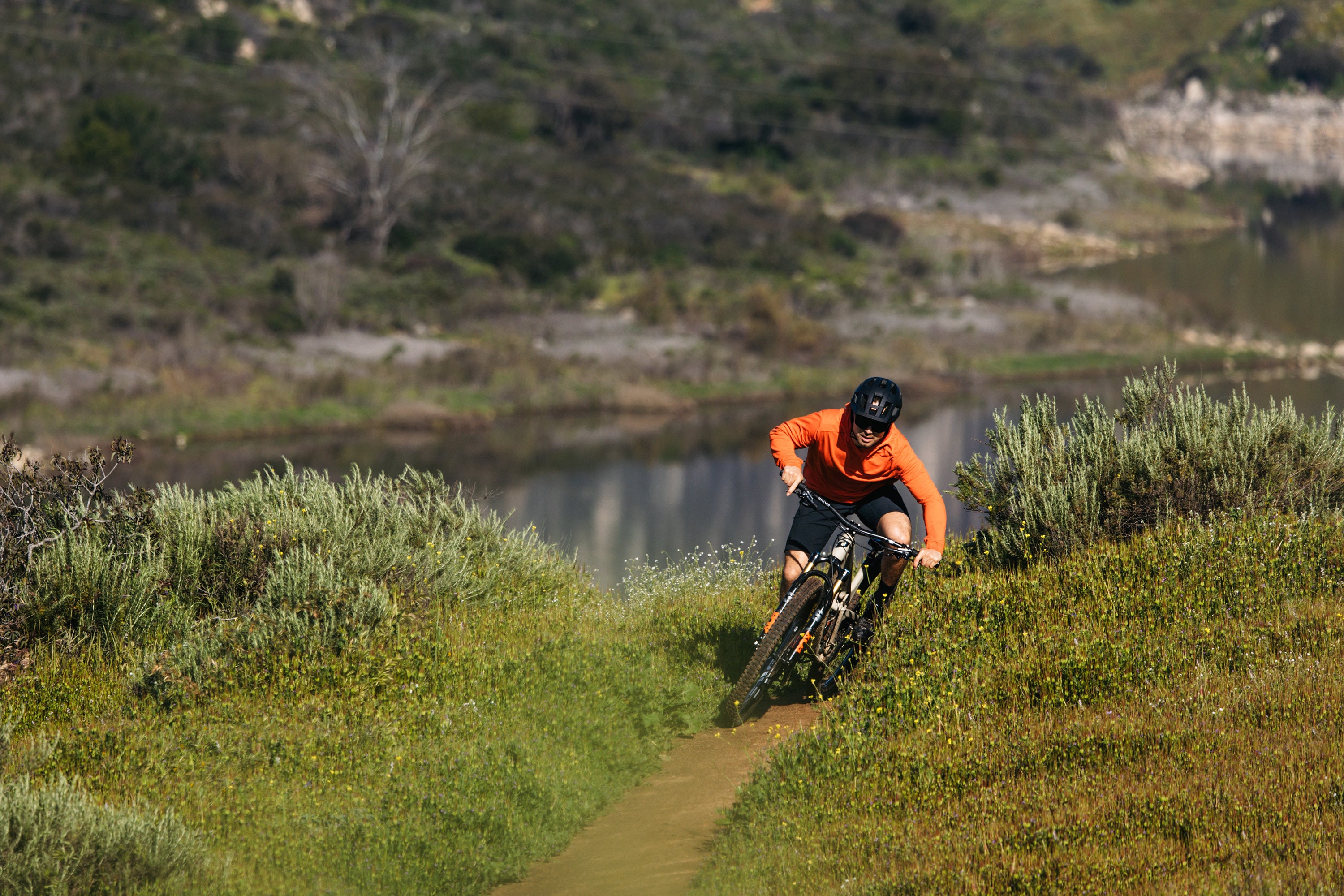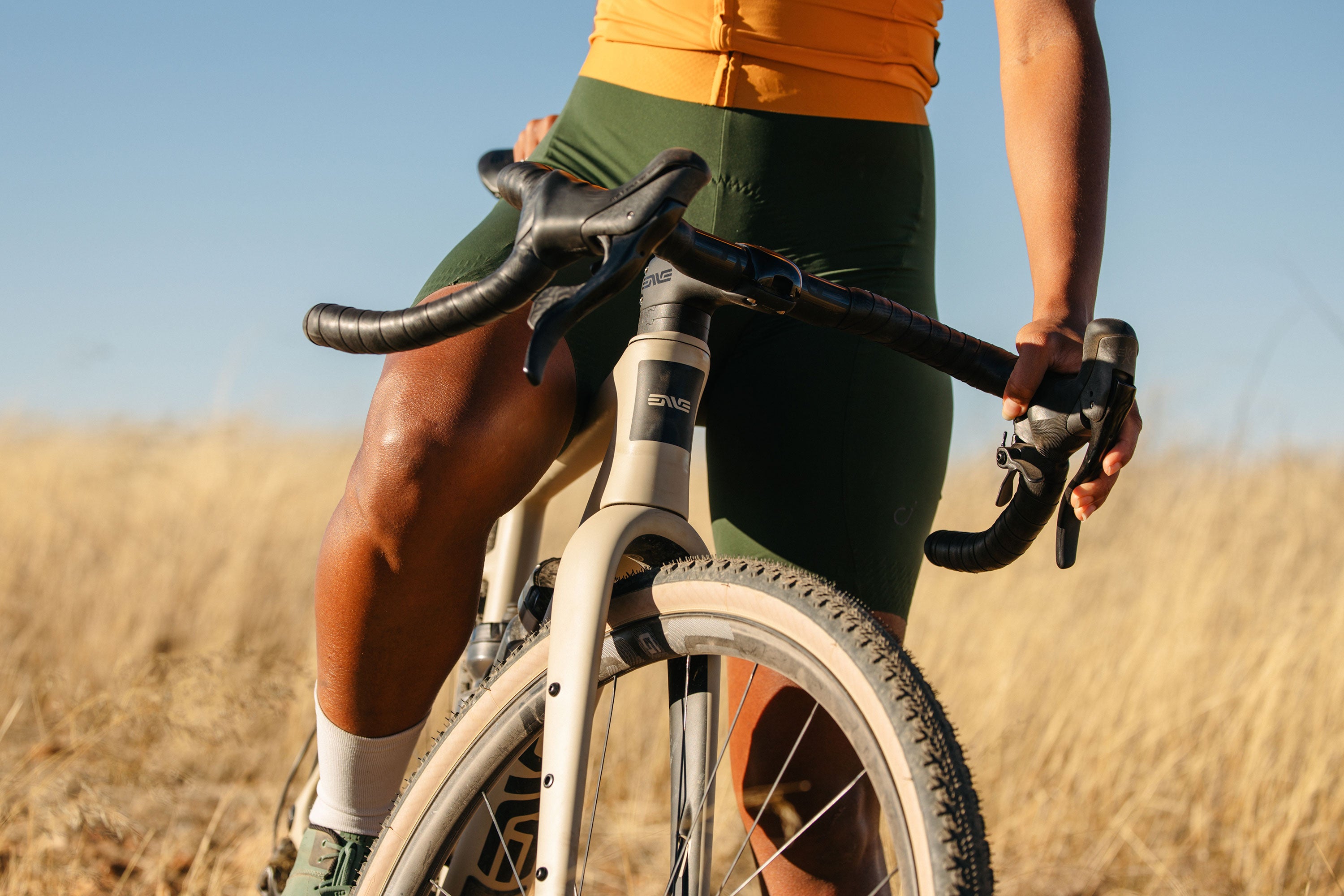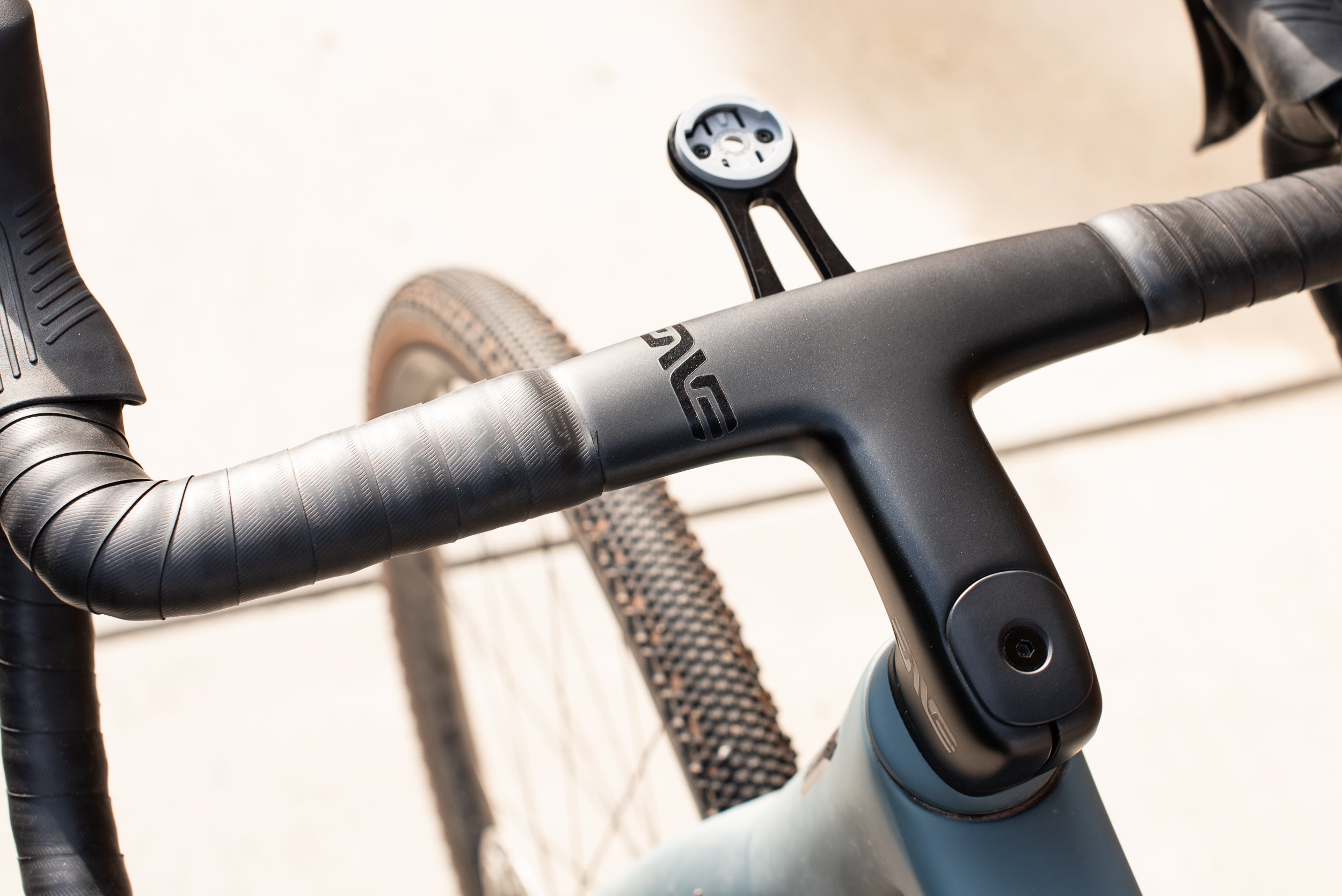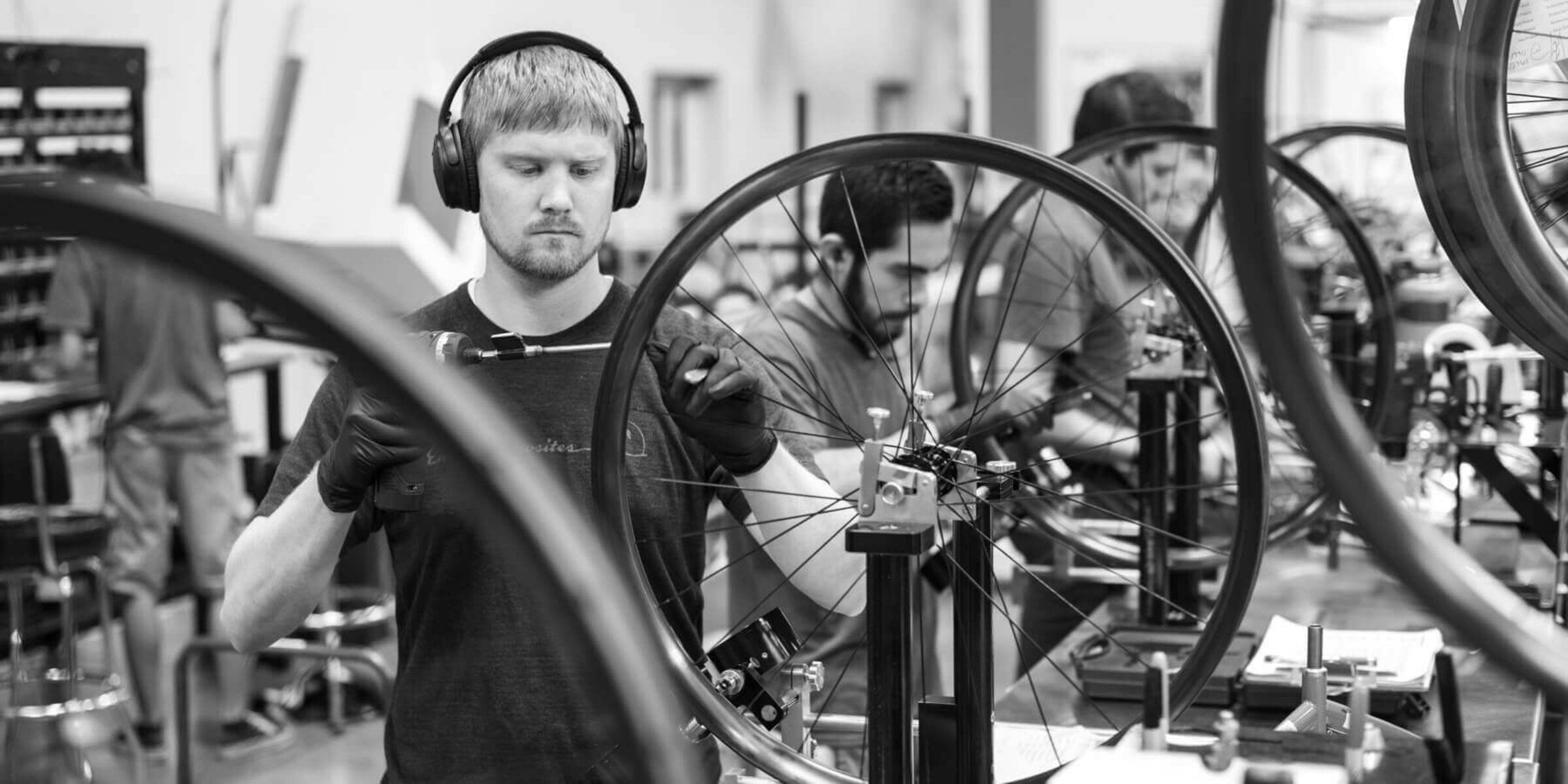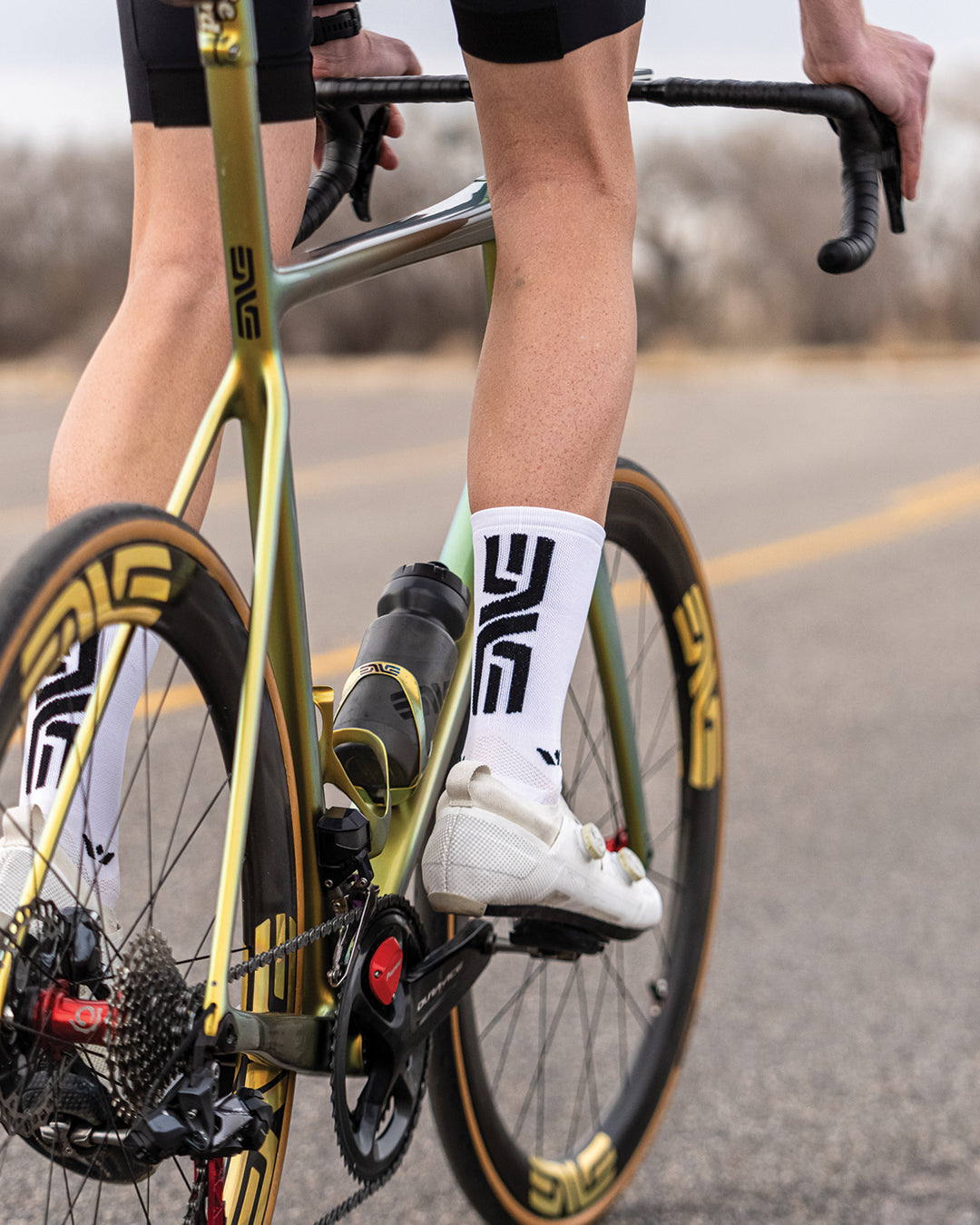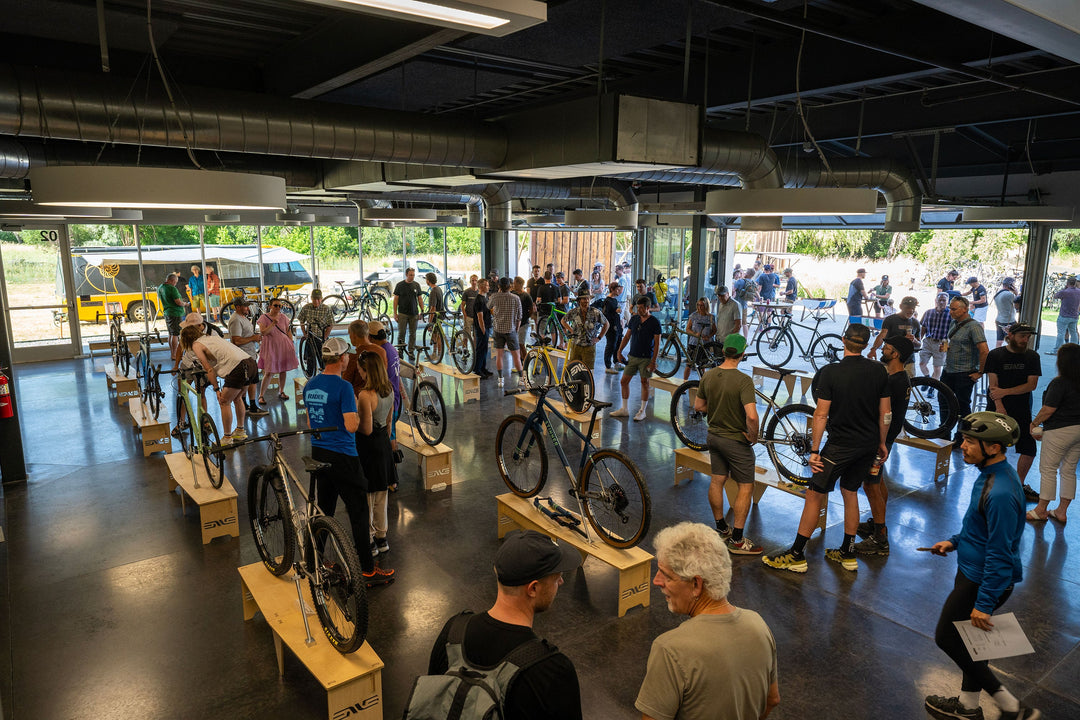Team Dimension Data: Mission GC - Blue Sky Thinking
In 2014, just as ENVE was looking for a special team to sponsor, one with a true purpose beyond results, Team Dimension Data principal Doug Ryder asked his riders which wheels they wanted to ride the following season. ‘ENVE,’ they told him. It was a perfect match and a true partnership was born, one that transcends even the racing success and critical product development. Now, as the team embarks on a new challenge to place an African rider on the podium of the Tour de France by 2020, we take you inside the team throughout the winter to find out how they’re working towards that goal. Stay tuned for new stories every week.
A new project is underway at Team Dimension Data for Qhubeka, headed by staff physiologist Dr Jon Baker. It doesn’t have a cheesy sounding name – that isn’t this team’s style – but it’s referred to as ‘blue sky thinking’. It’s all about leaving no stone unturned in the quest for improved performance and the goal of the Tour de France podium.
The irony of it is that you could just as easily call it ‘Sky blue thinking’. While few in the sport are particularly delighted by Team Sky’s checkbook approach to success, especially in lower-budget teams such as Dimension Data, even fewer would refuse to admit that the British outfit has led a revolution of science and technology in cycling. The infamous ‘aggregation of marginal gains’ approach led to considerable mockery, but many of their ideas – such as hand sanitizer on the bus and transporting personal mattresses for the riders around stage races – were adopted by others. And that’s just the simple stuff we can see. The really cutting-edge work doesn’t get talked about.
Dimension Data is more tech-savvy than most teams, paying particular regard to aerodynamics, and ENVE is proud to be a partner alongside such immensely respected names as Cervélo, Oakley and Rotor. But great equipment is just the beginning. Targeting the general classification of a Grand Tour is, these days, more science than art. The team knows that to succeed over three weeks, it needs to get the maximum out of the riders and to do that every avenue must be explored.
Here, Dr Jon Baker tells us about his project in his own words. Here comes the science bit:
This project is very conceptual, taking a scientific overview of everything we do in the team.
Last year I was a full-time coach and this year I’m not coaching anyone, so I have time to think and read and talk and work things out. There are lots of smaller projects around trying to win the Tour de France with Louis in 2020, and that’s an open book of ideas. It could be ergonomics, heat, altitude camps, riding in the cold, equipment for cobbles, anything…
Some of it will be quite experimental, but it’s still important to do the basic things really well first.
There’s still work to do there, and for all cycling teams. I’d say it starts with planning race calendars better, so if a rider gets injured you can be reactive to it and change other riders’ training and schedules to a plan B that’s ready to go, rather than taking a week to figure it out. It’s a complicated season, a complicated sport. We often have to allocate riders to races before we know the routes, so we might later want to change the entire team. Maybe a week-long stage race gets a good time trial and then Steve
It will be important to involve our partners in this work.
Taking ENVE for example, wind tunnel time is always really helpful, and also real-world aero testing. And maybe we want to better understand what’s happening when the riders are bouncing over cobbles, or how to make sure that TT helmets and skinsuits interact well together. Those are tiny percentages, though, so we’ll look at the bigger things first.
“YOU NEVER KNOW EXACTLY WHAT THE ROLES ARE OF STAFF ON OTHER TEAMS, BUT IF YOU LOOK AT SKY, BMC, SUNWEB, THERE ARE A LOT OF SCIENTISTS LISTED ON THEIR WEBSITES, AND THOSE ARE THE TEAMS WHO GENERALLY DO QUITE WELL”
There are always expertise gaps, you can always think of someone extra you’d like to bring in.
You can’t have everything, though, so you compromise. You never know exactly what the roles are of staff on other teams, but if you look at Sky, BMC, Sunweb, there are a lot of scientists listed on their websites, and those are the teams who generally do quite well. There are other teams who only have a couple of ex-riders and maybe don’t do so well.
You can spend a million euros on one rider or on 15 staff.
That rider may bring you some results, maybe not, but the 15 staff are going to make a big difference to all the riders. In terms of value for money, I think investing in the infrastructure is the way to go. It’s a more long-term investment.
“THE SPORT IS CHANGING AND THIS IS PART OF THAT PROCESS. WE NEED BETTER SCIENCE, RATHER THAN JUST RACING THE OLD-FASHIONED WAY”
We’ll be looking at recovery strategies and how they might differ depending on whether the rider is racing or training.
In racing recovery is very important. We have a good method there and over time we’ll try to personalize that a bit. But in training the stress that you’re trying to recover from is also what makes you adapt, so it isn’t always the case that you’re trying to recover as well as you can every single day. Say you’ve been out for a hard training session and your body is really tired, if you suddenly fix it with optimum recovery strategies, is the adaptation the same compared to if you don’t do those things? If you’re tired for longer does your body respond to a greater level of stress? Maybe low glycogen is the thing that stimulates adaptation. It’s an interesting question. I have some thoughts on it but I’m not sure I’ve got the answer.
The sport is changing and this is part of that process.
We need better science, rather than just racing the old-fashioned way with more and more expensive riders. Cycling has to evolve.







